SEEMO condemns attack on Montenegrin daily
Vienna-based South East Europe Media Organization (SEEMO) condemns the latest attack on Montenegrin daily Vijesti.
Saturday, 16.07.2011.
11:29

Vienna-based South East Europe Media Organization (SEEMO) condemns the latest attack on Montenegrin daily Vijesti. On July 14, 2011, two clearly-marked company cars were torched right across the street from the National Security Agency. An unidentified person poured gasoline on the cars and set them ablaze. SEEMO condemns attack on Montenegrin daily Nobody was injured. No other parked cars were targeted. Top Montenegrin politicians, including the president and the prime minister, condemned the attack. In spite of their prompt reaction, Montenegrin authorities have not been efficient in creating an environment in which journalists can work free from pressure. As SEEMO reported in previous years, Vijesti has been a deliberate target on several occasions. On September 24, 2010 Zeljko Ivanovic, one of Vijesti founders, and several other journalists received death threats by mail. On August 5, 2009 Mihailo Jovovic, editor of Vijesti, and Boris Pejovic, a photojournalist, were physically attacked by the mayor of Podgorica and his son whilst documenting their illegal parking in town. The mayor's son used his gun to threaten the journalist. Jovovic was treated in hospital for the head injury. On September 1, 2007, Ivanovic was physically attacked by several assailants near a restaurant, where the newspaper was celebrating its 10th anniversary. He was injured and received medical help. Although the perpetrators of this attack were found, the masterminds remain at large. "I urge the authorities in Montenegro to do everything in their power find the perpetrators, and prevent such incidents from happening in the future. It is in the interest of Montenegrin democracy that journalists be allowed to investigate stories free of any pressure," said SEEMO Secretary General Oliver Vujovic. SEEMO Believes Proposed Changes will Politicize Broadcasting Council in Republic of Macedonia / Former Yugoslav Republic of Macedonia and Undermine Its Independence SEEMO on Macedonian Broadcasting Council structure SEEMO believes that the proposed changes to the membership structure of the Broadcasting Council in the Former Yugoslav Republic of Macedonia will politicize this regulatory body, curtail media freedom, and reduce pluralism within the country. The Broadcasting Council, a regulatory body that monitors electronic media and issues broadcasting licenses, thereby exerting crucial influence on shaping the country's media landscape, is currently composed of nine members: two representatives from journalists' associations, two from Skopje´s Cyril and Methodius University, two from the Academy of Sciences, and three representing Parliament. Until now, the Council has enjoyed independence and credibility, despite political pressure. However, last week, several deputies from the ruling party (VMRO-DPMNE) suggested changes to the composition of the Council. They proposed that six new members should be added: two representing the President, two local authorities and two from other regulatory bodies. All of these institutions are controlled by the governing party. In practice, the proposed increase in Council members would mean that pro-government members would have the majority and be able to control all electronic media. The parliament in Skopje is expected to approve these changes within two weeks, following the formation of the new government. Parliamentary elections took place on June 5, 2011. Accelerated procedures have been adopted. This unexpected initiative regarding the reformation of the Broadcasting Council coincides with the closure of three dailies: Shpic, Vreme and Koha e Re. As SEEMO reported on July 12, 2011, these papers allegedly owe one million Euros in unpaid taxes. The revenue office closed their accounts, which left them with no means to pay wages and basic printing costs. In addition, A1 TV, the popular critically-oriented private television station, has already reduced its programming, and faces possible closure. A1 TV allegedly owes nine million Euros in unpaid taxes. The owner of A1 TV, Velija Ramkovski, was detained in December 2010 and accused of tax evasion and financial irregularities. "I urge those who proposed the Council changes to rethink their decision. The Broadcasting Council should remain an independent body. Democracy needs pluralism, and I see pluralism disappearing in the Republic of Macedonia / Former Yugoslav Republic of Macedonia," Vujovic stressed.
SEEMO condemns attack on Montenegrin daily
Nobody was injured. No other parked cars were targeted. Top Montenegrin politicians, including the president and the prime minister, condemned the attack.In spite of their prompt reaction, Montenegrin authorities have not been efficient in creating an environment in which journalists can work free from pressure. As SEEMO reported in previous years, Vijesti has been a deliberate target on several occasions.
On September 24, 2010 Željko Ivanović, one of Vijesti founders, and several other journalists received death threats by mail.
On August 5, 2009 Mihailo Jovović, editor of Vijesti, and Boris Pejović, a photojournalist, were physically attacked by the mayor of Podgorica and his son whilst documenting their illegal parking in town. The mayor's son used his gun to threaten the journalist. Jovović was treated in hospital for the head injury.
On September 1, 2007, Ivanović was physically attacked by several assailants near a restaurant, where the newspaper was celebrating its 10th anniversary. He was injured and received medical help. Although the perpetrators of this attack were found, the masterminds remain at large.
"I urge the authorities in Montenegro to do everything in their power find the perpetrators, and prevent such incidents from happening in the future. It is in the interest of Montenegrin democracy that journalists be allowed to investigate stories free of any pressure," said SEEMO Secretary General Oliver Vujović.
SEEMO Believes Proposed Changes will Politicize Broadcasting Council in Republic of Macedonia / Former Yugoslav Republic of Macedonia and Undermine Its Independence
SEEMO on Macedonian Broadcasting Council structure
SEEMO believes that the proposed changes to the membership structure of the Broadcasting Council in the Former Yugoslav Republic of Macedonia will politicize this regulatory body, curtail media freedom, and reduce pluralism within the country.The Broadcasting Council, a regulatory body that monitors electronic media and issues broadcasting licenses, thereby exerting crucial influence on shaping the country's media landscape, is currently composed of nine members: two representatives from journalists' associations, two from Skopje´s Cyril and Methodius University, two from the Academy of Sciences, and three representing Parliament. Until now, the Council has enjoyed independence and credibility, despite political pressure.
However, last week, several deputies from the ruling party (VMRO-DPMNE) suggested changes to the composition of the Council. They proposed that six new members should be added: two representing the President, two local authorities and two from other regulatory bodies. All of these institutions are controlled by the governing party. In practice, the proposed increase in Council members would mean that pro-government members would have the majority and be able to control all electronic media.
The parliament in Skopje is expected to approve these changes within two weeks, following the formation of the new government. Parliamentary elections took place on June 5, 2011. Accelerated procedures have been adopted.
This unexpected initiative regarding the reformation of the Broadcasting Council coincides with the closure of three dailies: Shpic, Vreme and Koha e Re. As SEEMO reported on July 12, 2011, these papers allegedly owe one million Euros in unpaid taxes. The revenue office closed their accounts, which left them with no means to pay wages and basic printing costs. In addition, A1 TV, the popular critically-oriented private television station, has already reduced its programming, and faces possible closure. A1 TV allegedly owes nine million Euros in unpaid taxes. The owner of A1 TV, Velija Ramkovski, was detained in December 2010 and accused of tax evasion and financial irregularities.
"I urge those who proposed the Council changes to rethink their decision. The Broadcasting Council should remain an independent body. Democracy needs pluralism, and I see pluralism disappearing in the Republic of Macedonia / Former Yugoslav Republic of Macedonia," Vujović stressed.










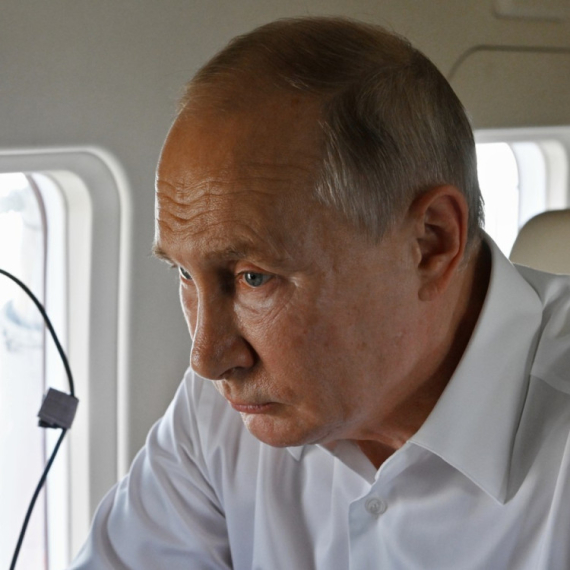

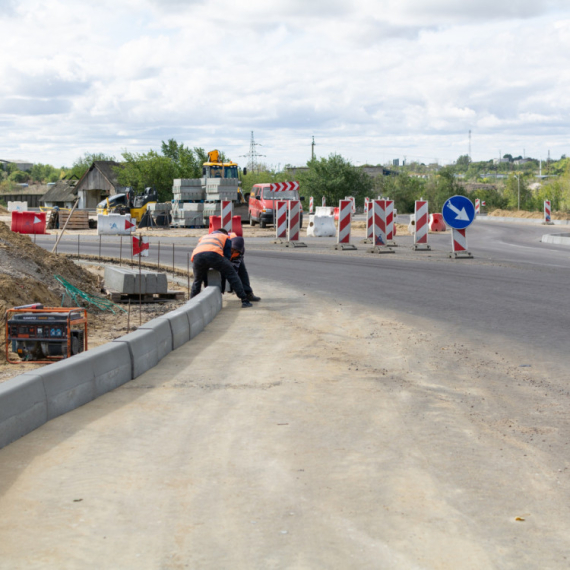
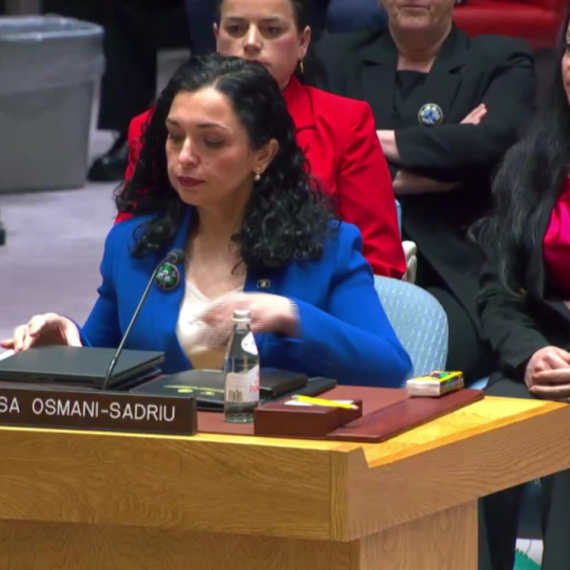
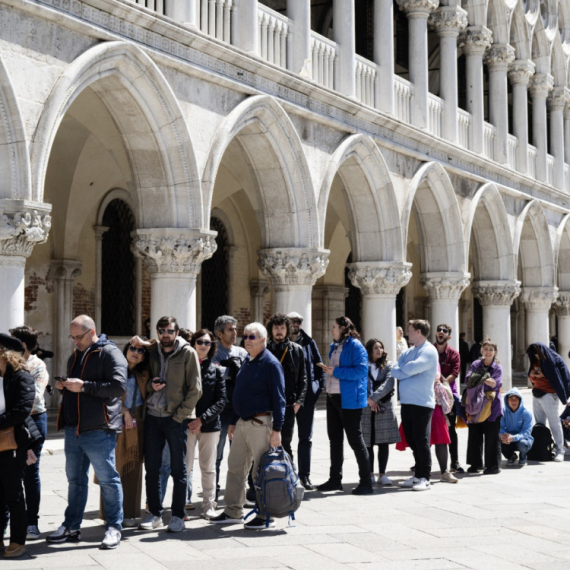



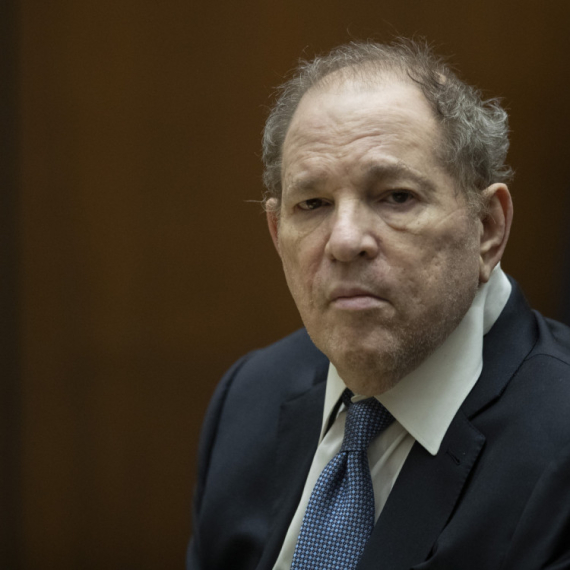







































Komentari 0